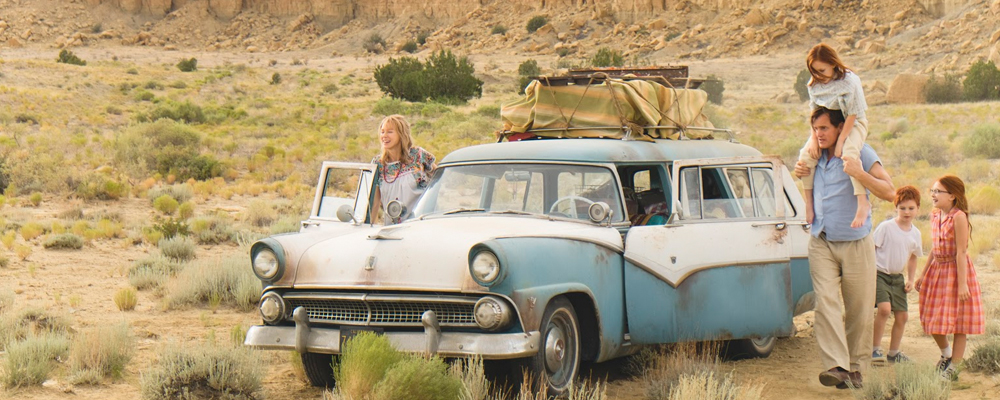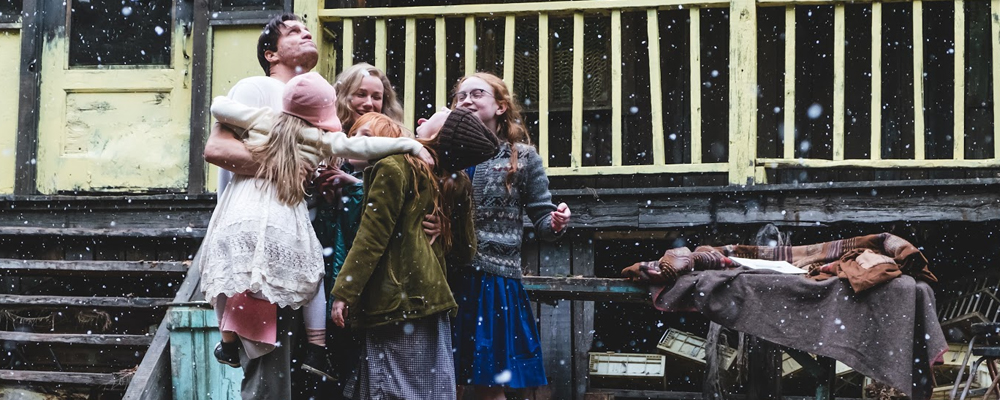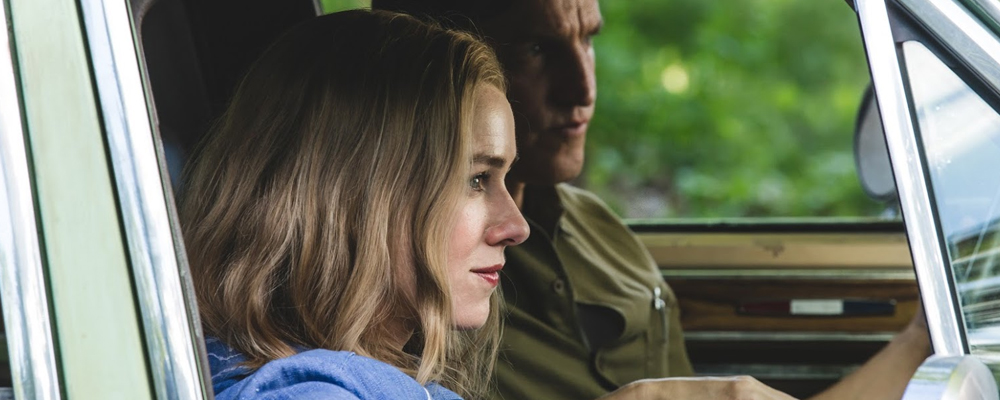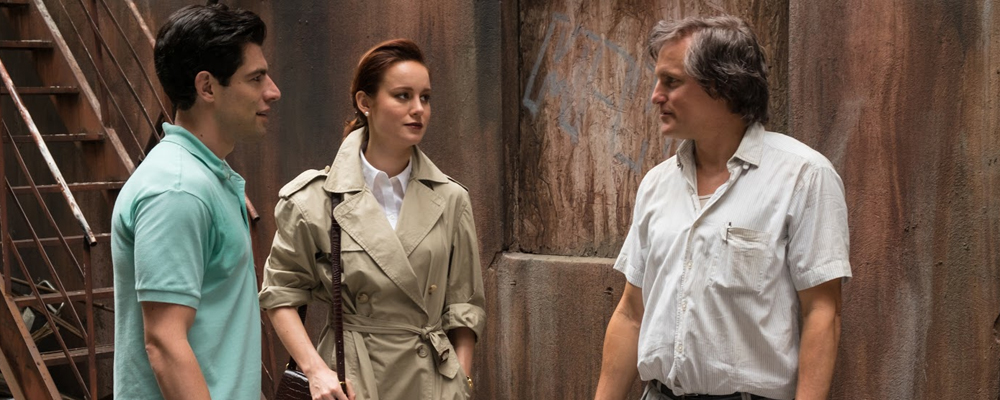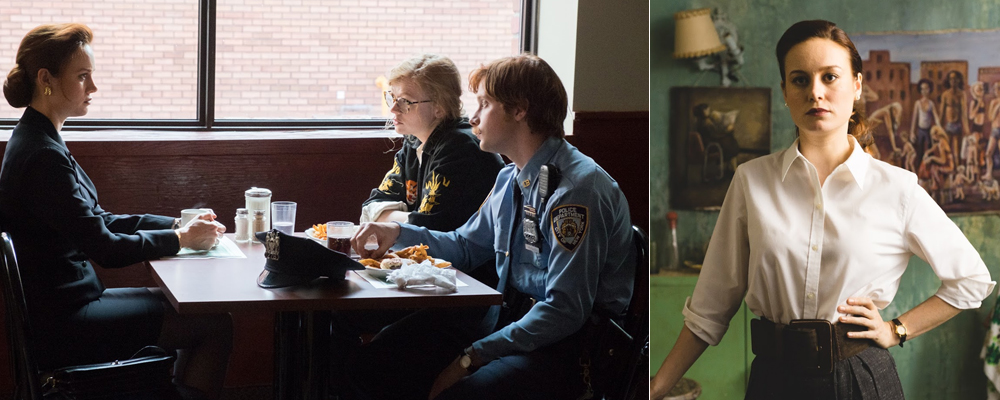Brie Larson and Naomi Watts Can’t Save ‘The Glass Castle’ From Shattering
Alex Aronson
Based on the 2005 bestselling memoir written by former gossip columnist Jeannette Walls’s, “The Glass Castle” is, at its core, a story of one family’s struggle to suffrage through American poverty. While the book is known for its harsh reality of growing up without electricity, plumbing or heat, the movie illustrates those authentic problems in an adventurous and almost fun way. It goes without saying that the interpretation feels very off balance.
Adult Jeannette (Brie Larson) is a successful big city writer in a seemingly happy relationship with David (Max Greenfield), a financial planner. The two share a lovely downtown apartment, a vast contrast to her childhood abode. Her life isn’t all as perfect as it may seem, as she struggles with her squatter parents who refuse to accept her new life.
Growing up, Jeanette’s life was very different. Raised by a mentally ill artist, Rose (Naomi Watts), and an alcoholic father, Rex (Woody Harrelson), her life, along with her three siblings’, was anything but stable. They hopped from one vacant house to another, living there just long enough to dream of calling it home, but not quite long enough to get caught by bill collectors. The film intercuts both timelines, at points feeling rather sluggish on both ends.
What started out as strong source material is dwindled down to emotional, dramatic clichés and one-liners. Director Destin Daniel Cretton, who helmed Larson’s 2013 film “Short Term 12,” beautifully frames the subject. But it doesn’t serve the story correctly. Aside from the occasional flair, Cretton’s strongest direction comes in a single take that follows the motion of a drowning child learning to swim. The camera goes under and above the water as it emulates the actions of the struggling child. The chaotic representation of the scene is a glimmer of hope for what could have been. But the rest of the a material is handled in much more glamorized light.
As the family works together to break Jeannette out of the hospital, they drive off into the desert where they park the car for the night. The father, giving the children the “education” he believes they deserve, takes the kids into the desert. Rose paints a picture of a falling tree noting, “it’s [the tree’s] struggle that gives it its beauty.” Metaphorically speaking, this is not a proper representation of the film.
This is the first dramatic leading role for Larson after her 2016 Academy Award winning turn in “Room.” While all eyes are deliberately on her, she is ultimately failed with a flawed and quite meager script – often too weak even to substantiate a genuine performance. She does the best she can with the material she is given. But alas, this doesn’t scream award worthy.
On the outside “The Glass Castle” would appear to have all the trappings of award season bait: an all-star cast of grade-A talent, an adaptation of a best-selling dramatic memoir, and topical issues that could make for an outstanding social piece. But unfortunately, the magic of the book was seemingly lost in translation from page to screen. As it is typical for most award films to get an autumn release, it is no surprise that the film got dropped in the middle of August. It appears that “The Glass Castle” is all, if anything, lost hope.
“The Glass Castle” opens in theaters Aug. 11.

